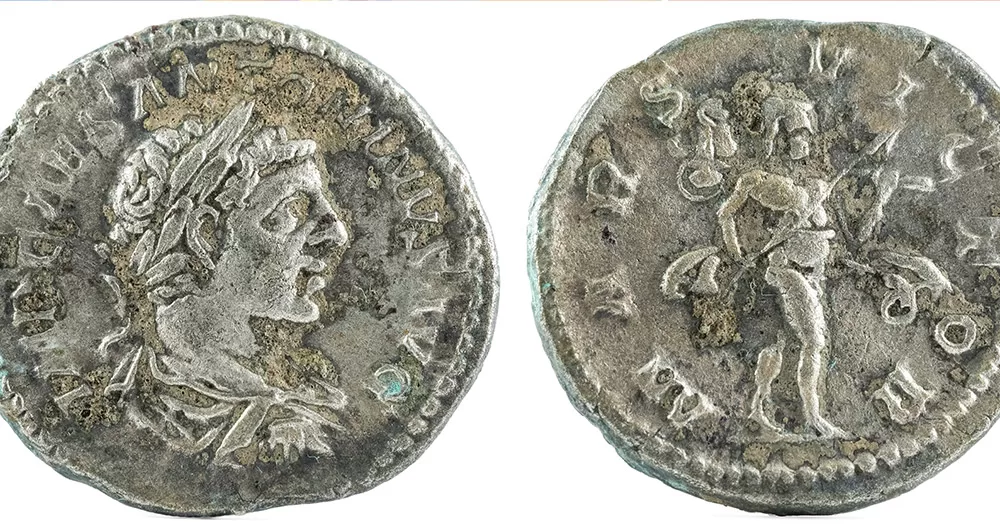The UK’s North Hertfordshire Museum has announced plans to reclassify exhibits dedicated to the Roman Emperor Elagabalus to refer to the ruler by she/her pronouns following historical research into the Emperor’s identity.
Located in the Greater London area, the museum released a statement saying that it is in the process of reclassifying the Emperor’s identity following research into historical texts, including a passage wherein the ruler is recorded as saying “call me not Lord, for I am a Lady.”
According to the BBC, a spokesperson for North Hertfordshire Museum said that the institution made the decision to reclassify to be “polite and respectful,” as well as to be “sensitive to identifying pronouns for people in the past.”
Keith Hoskins, an executive member of the North Herts Council, reported that a silver denarius coin depicting the visage of Emperor Elagabalus is “one of a few LGBTQ+ items” in the museum’s collection.
Hoskins went on to say: “We know that Elagabalus identified as a woman and was explicit about which pronouns to use, which shows that pronouns are not a new thing.”
Historically, Emperor Elagabalus, known formally as Marcus Aurelius Antoninus, ruled over the Roman Empire from 218 to 222 AD while still a teenager. Elagabalus’ short reign was notorious for the ruler’s sexual escapades and religious controversy.
Elagabalus was assassinated in 222 AD at the age of 18. Historians have suggested that the assassination was the result of the emperor’s so-called “deviant” gender identity.
While Elagabalus was certainly a controversial figure in Ancient Roman history, we do know that the Emperor was the lover of a charioteer and former slave called Hierocles. According to historians, Hierocles identified as male.
Historians have similarly reported that Elagabalus was known to wear wigs, and makeup, and insisted upon being referred to with feminine language, such as “domina” or lady, as opposed to “dominus” or lord.
Ollie Burns, an ancient history graduate at the University of Birmingham, similarly suggests that there is historical evidence to support theories that Elagabalus offered “vast sums” of money to “any physician” who could “give them a vagina.” This theory falls in line with accounts told by Cassius Dio, a contemporary of Elagabalus, who reported that the emperor inquired about the “most painful method” for removing male genitalia. According to Cassius Dio’s writings, Emperor Elagabalus then offered a male praetorian prefect money to perform the procedure.
While some historians, such as Cambridge Classics professor Andrew Wallace-Hadrill, have suggested that the emperor’s use of trans pronouns could have been the result of Cassius Dio simply trying to assassinate Elagabalus’ character, others are celebrating the North Hertfordshire Museum’s decision to move forward with the reclassification as a positive step in the right direction for historical trans recognition.
© 2023 GCN (Gay Community News). All rights reserved.
Support GCN
GCN is a free, vital resource for Ireland’s LGBTQ+ community since 1988.
GCN is a trading name of National LGBT Federation CLG, a registered charity - Charity Number: 20034580.
GCN relies on the generous support of the community and allies to sustain the crucial work that we do. Producing GCN is costly, and, in an industry which has been hugely impacted by rising costs, we need your support to help sustain and grow this vital resource.
Supporting GCN for as little as €1.99 per month will help us continue our work as Ireland’s free, independent LGBTQ+ media.

comments. Please sign in to comment.